The roulette on the screen spins fast, and the money moves even faster. Online platforms promise winnings with just two clicks, but on the other side of the interface, traps are often hidden. Checking reliability is not a whim but a necessity, comparable to checking brakes before a mountain serpentine road.
How to check the fairness of a casino is a question that turns gambling into a protected strategy. Without this, a player enters a system where “randomness” is subject to someone’s hidden scripts.
License: Permission to Play or a Ticket to Nowhere
A reliable platform does not exist without a license. Checking the documentation starts with the jurisdiction. A regulator with a real reputation is the key to protecting players’ rights. The leaders are:
- MGA (Malta) – checks software, servers, transactions.
- UKGC (United Kingdom) – one of the strictest.
- Curacao – available to most, but weaker in client protection.
- Kahnawake, Gibraltar, Isle of Man – a decent level of certification and control.
To check a casino for a license, it is enough to go to the footer of the website, find the regulator’s logo, and click. A genuine license leads to the official website. If the site hides the license or displays a screenshot, it is not a casino but a trust emulator in front of the player.
How to Check Casino Fairness: Software
A fair casino uses certified software from reputable providers. Leaders include NetEnt, Microgaming, Playtech, Novomatic, Evolution. The products of these brands have been audited in laboratories like eCOGRA and iTechLabs. This is how fair play is ensured, where the RTP (return to player percentage) matches the stated one.
How licensed software works in a casino: the provider places the game on the server. The operator connects without interfering with the mechanics. The results are generated by a remote server, not a script on the site. The platform only broadcasts the game and accepts bets. This approach makes manipulations impossible.
Reviews and Platform Ratings
Before depositing funds, it is worth studying reviews about the casino. Players describe not emotions but the system’s behavior: frequency of wins, payout speed, support. It is important to look for feedback on third-party platforms – Trustpilot, AskGamblers, Casino Guru.
One review does not decide. How to distinguish an honest casino from a fraudulent one – by the consistency of the feedback: if dozens of players mention an account block after a win, it is a scheme, not a coincidence.
The portal’s rating shows not only ratings but also complaints. A good example is Casino Guru: if a player leaves a complaint, moderators contact the platform. The presence of a response and problem resolution is an additional indicator of transparency.
How to Check Casino Fairness: Key Factors
You can expose a dishonest platform even before the first spin. It is enough to go through key signs that signal transparency and security.
Criteria for checking fairness:
- Presence of a license – checked through the regulator’s official website.
- Provider verification – reputable vendors do not cooperate with gray operators.
- Server location – legal platforms use secure data centers in regulated countries.
- Customer verification – if the operator requests documents, it is normal. Without verification, the platform does not comply with AML requirements.
- Public rules – honest platforms publish bonus terms, bets, withdrawals.
- Support and communication channels – presence of direct communication, quick response, open communication.
- Jurisdiction – if the site refers to a non-existent territory or pseudo-offshore, it is worth declining.
- Software certification – presence of laboratory logos (GLI, eCOGRA, iTechLabs).
- Data security – use of SSL, transaction protection, privacy policy.
- Payout speed – a critically important parameter often mentioned in reviews.
Each point helps check the fairness of the casino, forming an overall level of trust.
Safety: Behind the Interface Curtain
The site should protect customer data; otherwise, bets go not only into the slot but also into the hands of fraudsters. An SSL certificate, information storage policy, two-factor authentication – are standards, not options. For example, a platform connected to Cloudflare not only speeds up loading but also filters malicious traffic.
When accepting deposits, an honest platform uses PCI-DSS compliant gateways: Visa, MasterCard, Neteller, Skrill, Trustly. The presence of a transparent description of transactions and minimal commissions is important. Without this, it is not a game but a hole in the budget.
Bonuses and Rules
Big numbers do not equal generosity. Bonuses with a x60 wager turn even a win into a trap. Honest platforms limit the wager to x30, provide a minimum period of 14 days, and specify the contribution of bets to the wagering requirement. It is important to read the rules, not just the banner.
Example: a $100 bonus with a x30 wager requires a turnover of $3000. If a slot returns 96%, the likelihood of staying in the black is minimal. Gambling with such conditions is a game against mathematics.
Support and Complaints: Where to Turn in Case of Failures
The presence of customer support is half the battle. The other half is its response. An honest platform responds within an hour, provides specifics, not templates. If the problem is not resolved, a complaint is filed with platforms like Casino Guru, AskGamblers, or directly with the regulator.
Checking the fairness of a casino is impossible without testing support. This litmus test quickly reveals the operator’s level of responsibility.
Regulators and Jurisdictions: Who Stands Behind Fair Play
The regulatory body forms the legal framework of the platform. The regulator issues a license, conducts audits, handles complaints, and blocks violators. For example, the UKGC obliged one of the British casinos to pay €10 million after a series of violations.
Jurisdiction plays a crucial role. If the operator is registered in Curacao, regulation will be formal. When choosing a platform, it is important to consider the country of registration and the presence of international agreements.
When checking, it is important to study who issued the license, whether there have been cases of its revocation, what sanctions have been applied to other projects under this regulator. This allows evaluating not promises but real risks.
How to Check Casino Fairness: Providers
A content provider in gambling is not just a developer but an independent participant in the ecosystem. When choosing a platform, it is important to determine who supplies the slot machines.
If the list includes Play’n GO, Yggdrasil, ELK Studios, Quickspin, it means that the software is checked not only by the casino but also by the company itself. The return statistics in such slots as Book of Dead (RTP 96.21%) or Sakura Fortune (RTP 96.58%) are confirmed by laboratory tests.
If the operator does not disclose providers, it is a signal of a custom platform assembly. Faking the interface with a “fake” slot is a common practice among scammers.
Servers and Control: Where the Random Number Generator Hides
Randomness is the only god in the casino. And it resides on the server, not in the browser. Honest operators use an RNG (Random Number Generator) that has passed an audit. For example, certification from GLI guarantees the absence of algorithmic biases.
Checking the location and protection of servers helps eliminate interference. For example, Amazon Web Services and Microsoft Azure provide encryption, stability, and data backup. A local VPS in an offshore without a name and contract is a direct path to losing your winnings.
Conclusion
Checking legitimacy is not a formality but protection of capital, time, and nerves. How to check the fairness of a casino – ask the system uncomfortable questions. If it responds with facts, figures, transparency, you can make a deposit. If it evades, refers to “internal checks,” blocks access without explanations – in front of the player is not a platform but a trap.

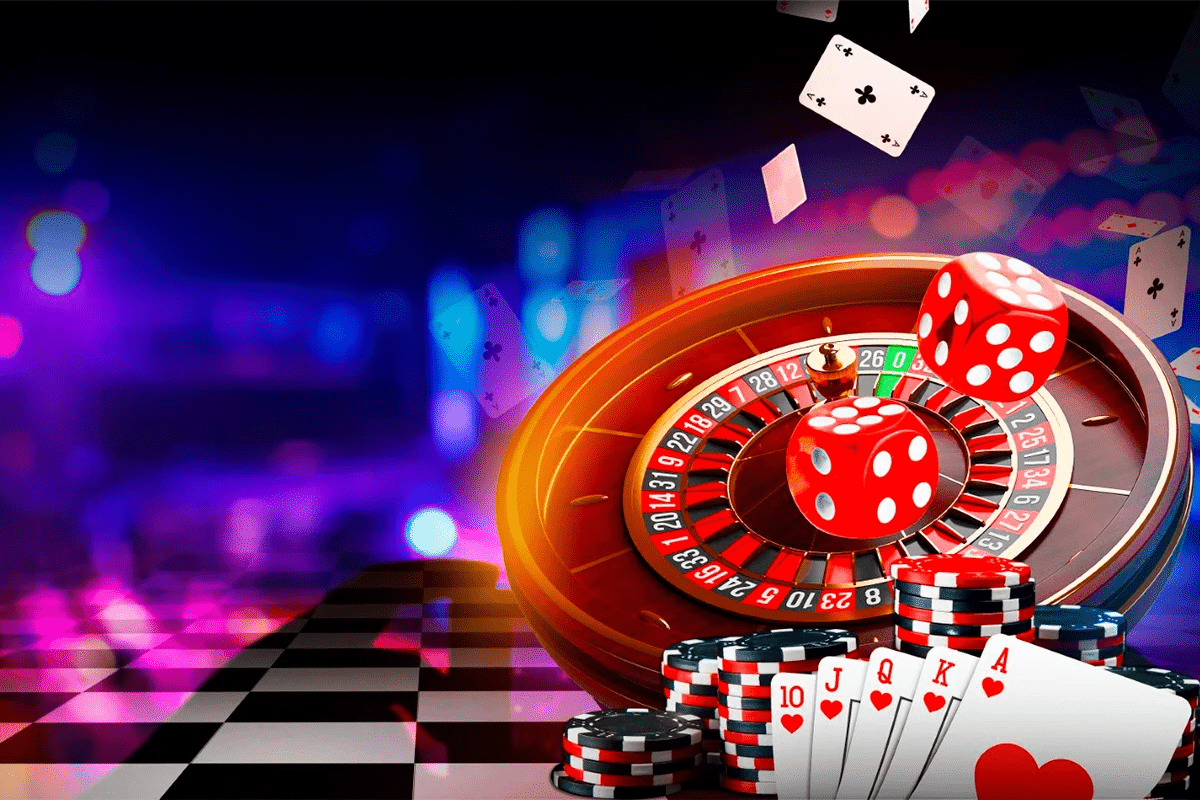
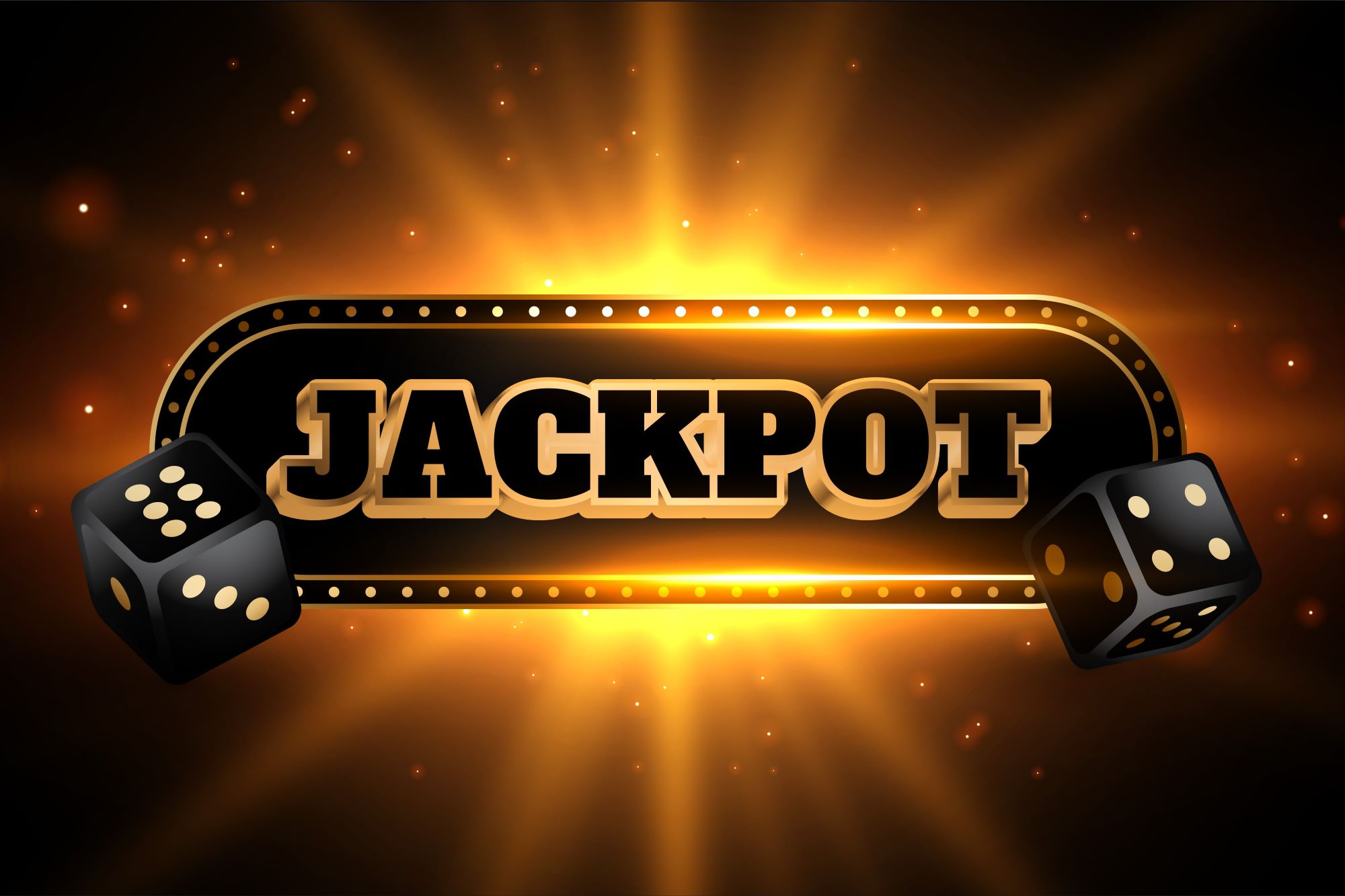
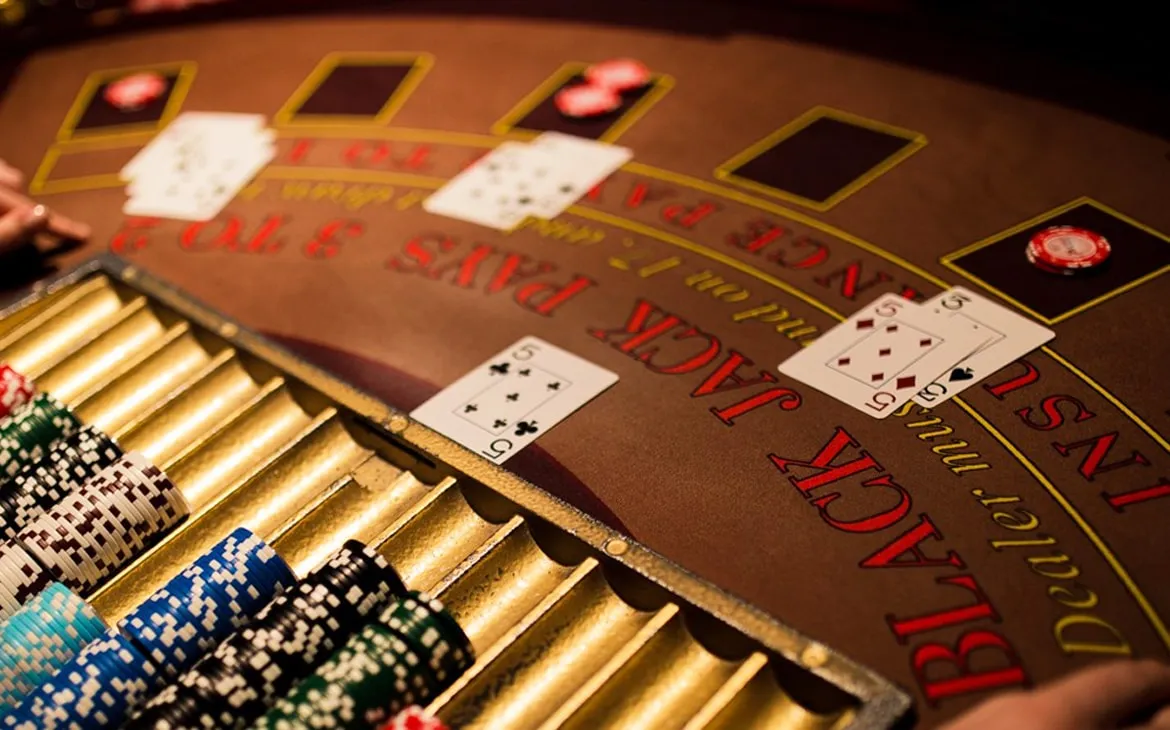


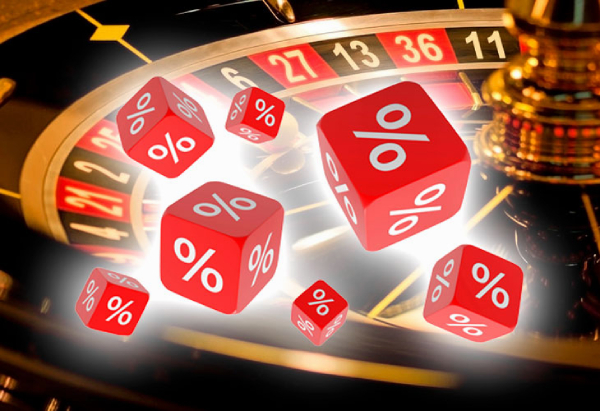


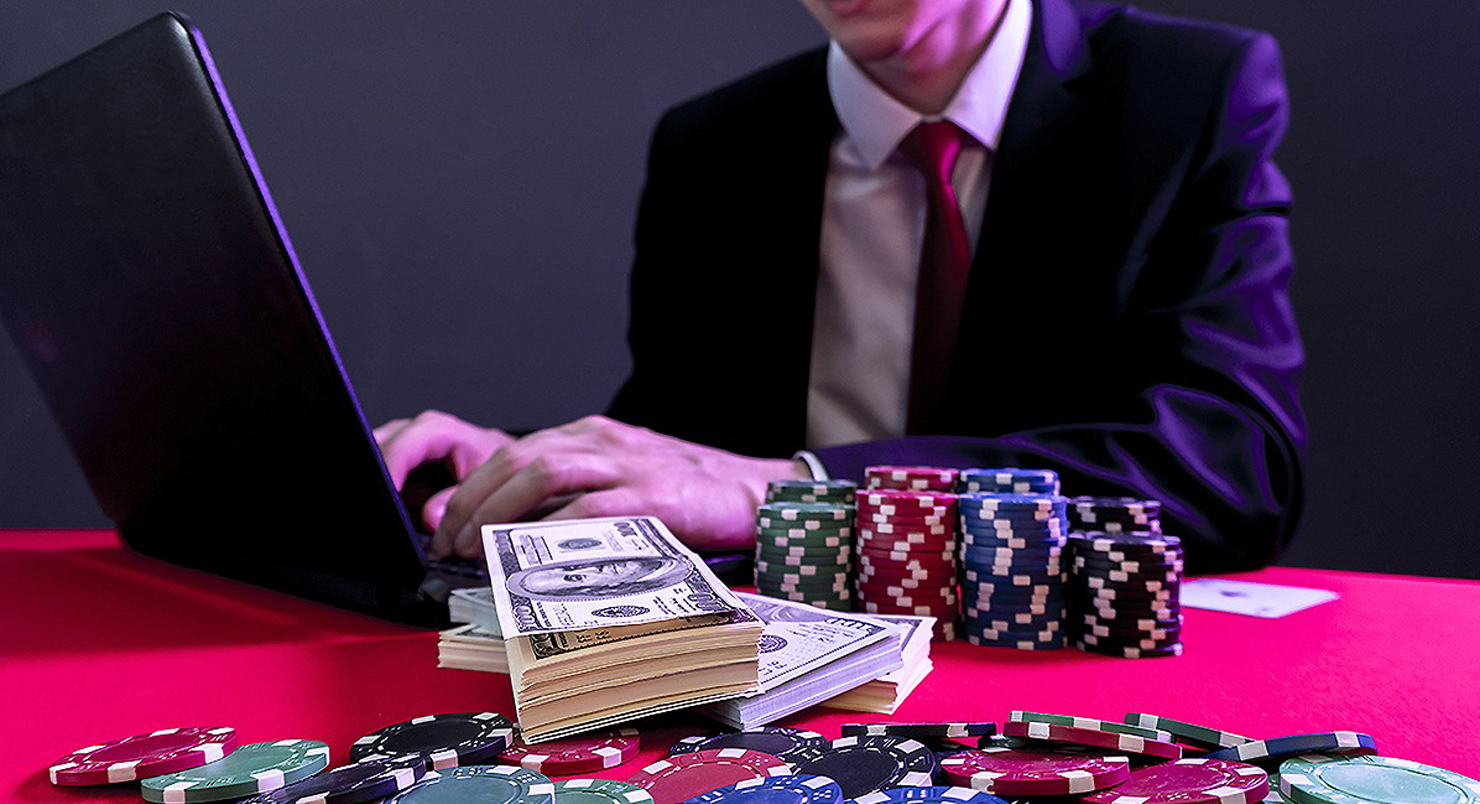
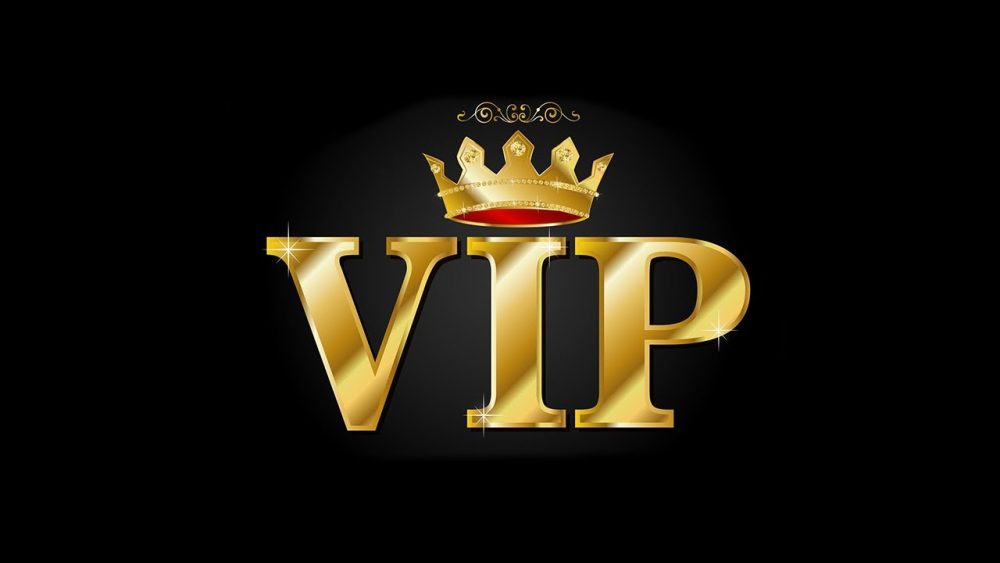
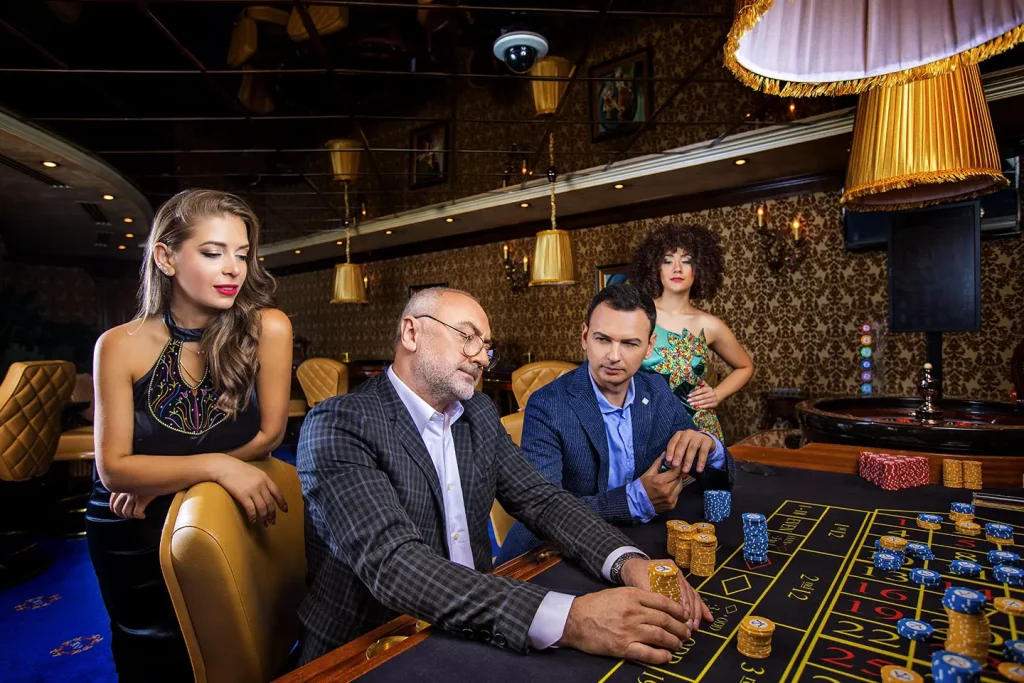 After gaining access to a high status, a system of bonuses, personal offers, and increased limits is activated. However, VIP status in online casinos is not always guaranteed indefinitely.
After gaining access to a high status, a system of bonuses, personal offers, and increased limits is activated. However, VIP status in online casinos is not always guaranteed indefinitely.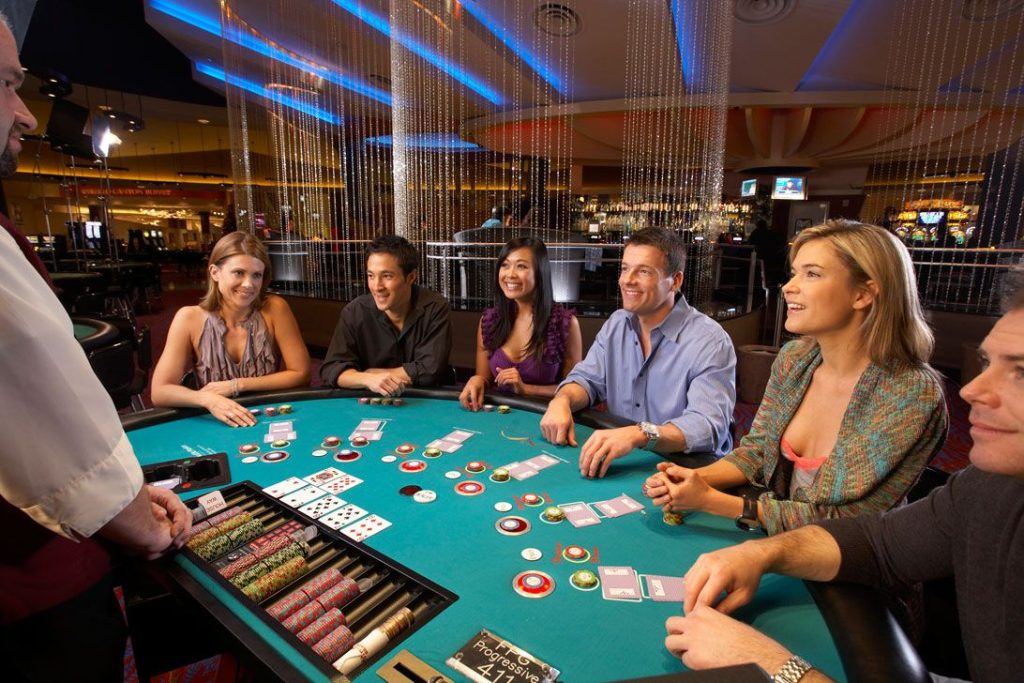 There is no one-size-fits-all answer to the question of how to become a privileged player in an online casino. The status is assigned based on a variety of factors, from activity and honesty to behavioral analytics.
There is no one-size-fits-all answer to the question of how to become a privileged player in an online casino. The status is assigned based on a variety of factors, from activity and honesty to behavioral analytics.






